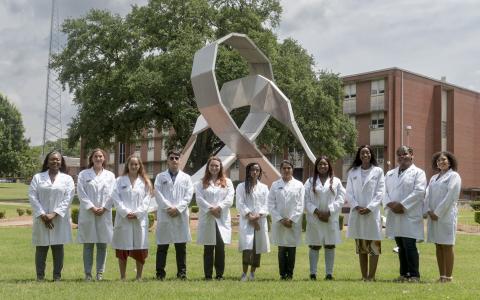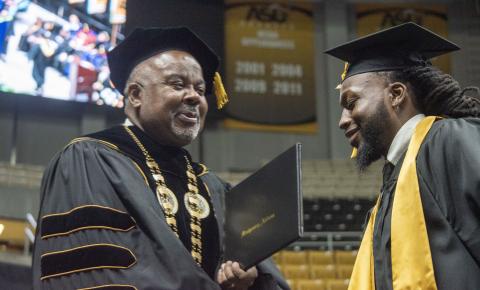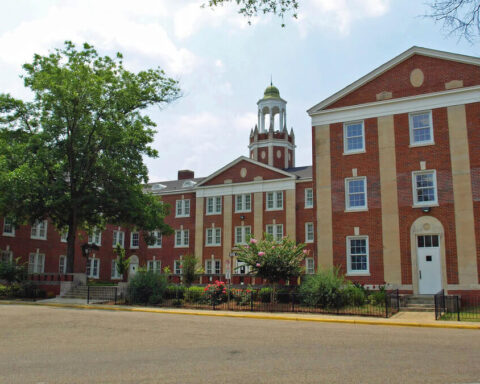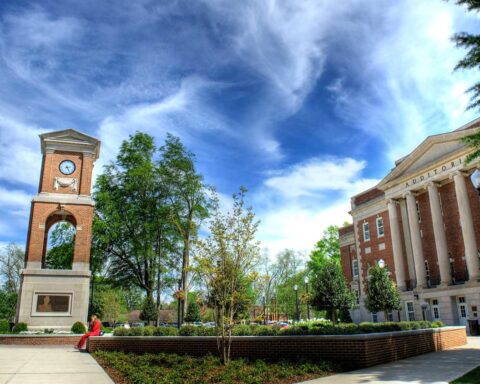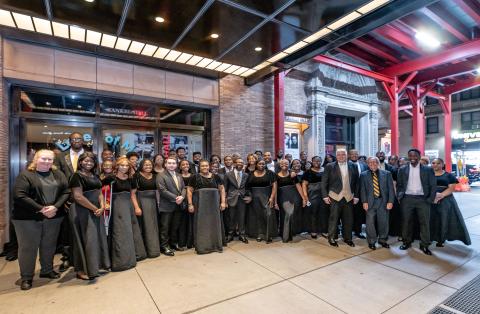By Hazel Scott/ASU
Alabama State University’s NSF-REU program is sponsoring a 10-week Summer Undergraduate Research Training program, which runs through July 29. The program is hosting ten undergraduate students from across the nation who plan to pursue a doctoral degree in STEM (science, technology, engineering and mathematics). Participants are training with acclaimed ASU researchers who are involving the students in ongoing “hands-on” scientific research projects.
The National Science Foundation (NSF) is funding ASU’s Research Experiences for Undergraduates” (REU) program.
Throughout the program, the students will be provided with exciting and stimulating experimental research training experience in bioengineering, embryology, laser-induced break spectroscopy (LIBS), cancer biology, nanobiotechnology and more. They are also participating in scientific lecture seminars, scientific writing and speaking; graduate and professional schools’ guidance, career opportunities in academia and industry, professional and developmental skills activities; and educational field trips. In addition, various training workshops are being conducted for students, including, “Can artificial intelligence advance tissue manufacturing”, “Introduction to the frog Xenopus laevis as a model organism for Biomedical Research,” and more.
Participants in the program were selected in a nationwide competition from the following colleges/universities: Alabama State University, Dillard University, High Point University, University of Rhode Island, Huntingdon College, University of Alabama Birmingham, Earlham College, City College of New York, and Gettysburg College. The program provides each student a $600-a-week stipend, on-campus housing, meal and travel allowances during the 10-week period.
Dr. Komal Vig, Professor of Biology, who serves as the principal investigator of ASU’s NSF-REU program, is part of a team of ASU faculty researchers assisting in the implementation of the summer REU program.
“One of the goals of the REU program is to prepare undergraduates for a successful transition into STEM graduate programs,” Vig said. “We anticipate that this exciting research experience will lead to the successful pursuit of graduate degrees in STEM fields by this year’s participating students.”
Vig added that the REU program could not be conducted for the last two years because of COVID restrictions.
“I’m very excited to provide this hands-on exciting research experience showcasing ASU research capabilities to this group of enthusiastic students,” Vig said.
The program will culminate with a Research Symposium on July 28 from 11 a.m. to 1 p.m. in the Hardy Student Center Hall A & B. Students will present their research as poster presentations, with a luncheon and awards ceremony afterward. The final symposium is free and open to the public.

